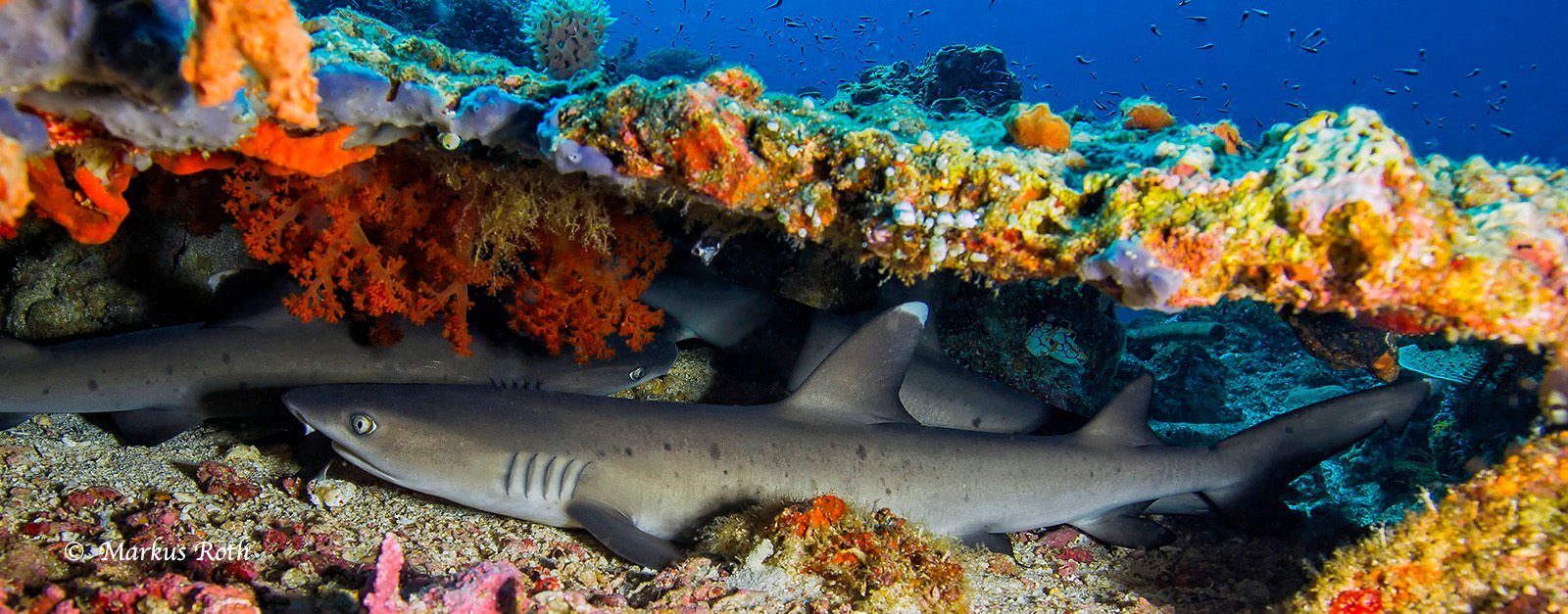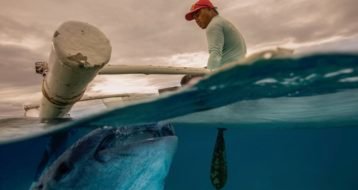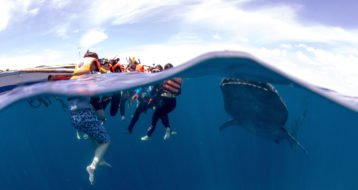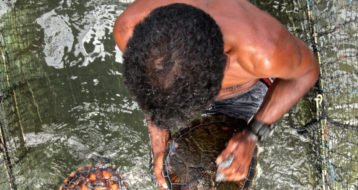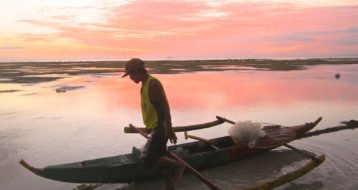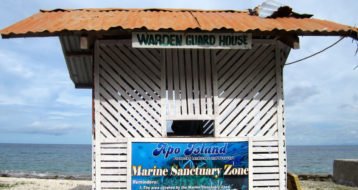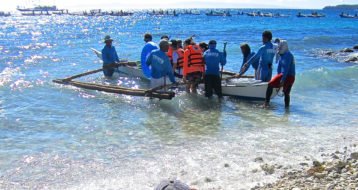coral reefs
Seventy five per cent of coral reefs are located in the world’s poorest nations, between the tropics of Cancer and Capricorn. The majority of the world’s dive tourism is centred on the same locations, which are home to fishers and their communities, who depend on coral reefs for income and food security.
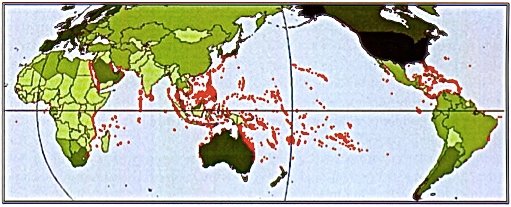
Figure 1: Donner and Portere (2007)
Figure 1 by Donner and Portere (2007) above, shows the location of the world’s coral reefs, overlaid with human populations and national gross domestic product (GDP). Their 2007 study found that globally, 655 million people, or approximately 10 per cent of the world’s population, live within 100 kilometres of coral reefs, with over 91 per cent of these people living in less developed countries. At least 275 million depend directly on reefs for livelihoods and sustenance.
Coral reefs are valuable assets for less developed countries and well managed, can provide income and food security for local fishers and communities, income to communities and government from fishery resources and be a permanent source of foreign exchange earnings from dive tourism.
We know that coral reefs are under threat globally from anthropogenic change. Of these threats, destructive fishing and overfishing create greater human disturbance than all other man made threats, including pollution, climate change and degradation of water quality. The dive tourist researches the links between the conservation of coral reefs, the need to reduce destructive fishing, the importance of recognition of traditional marine tenure of local fishers, the need to diversify the livelihoods of local fishers and communities and dive tourism’s role in all this.


